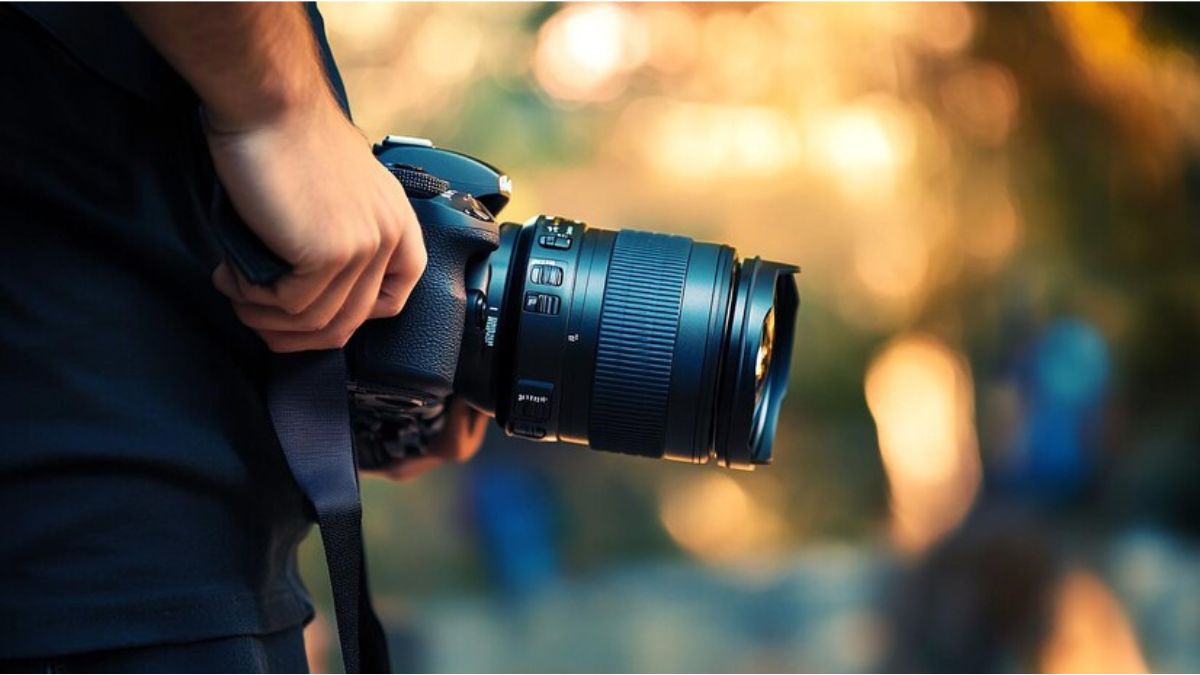The world of film and television is a dynamic and creative space, where every role contributes to the magic on screen. One such crucial role is that of a journeyman camera operator. This article delves into what it takes to become a journeyman camera operator, the skills required, and why this position is vital in the entertainment industry.
Understanding the Role of a Journeyman Camera Operator
A journeyman camera operator is an experienced professional who handles the camera equipment, capturing the visuals that bring a story to life. They are not beginners, yet they haven’t reached the level of a master or director of photography. This role is essential in ensuring that every shot is well-composed, focused, and aligns with the director’s vision.
The Importance of Technical Expertise
To excel as a journeyman camera operator, technical expertise is paramount. This includes understanding the different types of cameras, lenses, and lighting equipment. Mastery of camera movements, such as panning, tilting, and tracking, is also crucial. This technical knowledge allows the operator to adapt to various shooting conditions and ensure high-quality footage.
Developing an Eye for Composition
A significant part of a camera operator’s job is to frame shots that are visually compelling. This requires a strong sense of composition, understanding the rule of thirds, and knowing how to use depth of field effectively. The ability to see what makes a shot aesthetically pleasing is a skill developed over time and with experience.
Building a Strong Foundation with Education and Training
While some may start their careers without formal education, having a degree in film, photography, or a related field can be beneficial. It provides a solid foundation in the principles of visual storytelling and camera operation. Additionally, attending workshops and training programs helps to stay updated with the latest technology and techniques.
Gaining Hands-On Experience
Experience is invaluable in this field. Starting as a camera assistant or intern on film sets allows aspiring journeyman camera operators to learn the ropes. This hands-on experience is where one can practice skills, learn from seasoned professionals, and understand the intricacies of camera work.
Networking Within the Industry
Building relationships within the industry is crucial for career advancement. Networking with directors, producers, and other camera operators can lead to job opportunities and collaborations. Being part of professional organizations and attending industry events are excellent ways to expand one’s network.
Understanding the Director’s Vision
A journeyman camera operator must work closely with the director to bring their vision to life. This involves understanding the story, the mood of each scene, and how the camera work can enhance the narrative. Clear communication with the director is essential to ensure that every shot aligns with their creative goals.
Staying Adaptable and Versatile
Film and television production can be unpredictable, with frequent changes in schedules, locations, and shot lists. A journeyman camera operator needs to be adaptable and versatile, ready to adjust to new challenges as they arise. This flexibility is a key trait that allows for smooth operations on set.
The Physical Demands of the Job
Operating a camera can be physically demanding. It often requires long hours of standing, holding heavy equipment, and moving quickly between locations. Physical fitness and stamina are important to endure the rigors of the job and maintain the quality of work throughout long shooting days.
Embracing Continuous Learning
The film industry is ever-evolving, with new technologies and techniques emerging regularly. A successful journeyman camera operator embraces continuous learning, staying updated with the latest advancements in camera technology and filming methods. This commitment to growth ensures they remain competitive in the industry.
The Path to Becoming a Director of Photography
For many journeyman camera operators, the ultimate goal is to become a director of photography (DP). This role involves overseeing all aspects of the visual aspects of a film or television show. To achieve this, a journeyman must continue honing their skills, building a strong portfolio, and gaining the trust of directors and producers.
Building a Professional Portfolio
A portfolio is essential for showcasing one’s work and skills to potential employers. It should include a variety of work that demonstrates technical proficiency, creativity, and the ability to work in different environments. A strong portfolio can set a journeyman camera operator apart in a competitive industry.
Understanding the Business Side of the Industry
In addition to technical skills, understanding the business side of the industry is important. This includes knowing how to negotiate contracts, understanding labor laws, and managing finances. A successful journeyman camera operator must balance creativity with the practicalities of running a freelance business.
The Impact of a Journeyman Camera Operator on Production
The journeyman camera operator plays a pivotal role in the success of a film or television production. Their expertise in capturing high-quality visuals ensures that the director’s vision is realized on screen. They are often the unsung heroes behind the camera, whose work significantly impacts the final product.
Conclusion
Becoming a journeyman camera operator is a journey of continuous learning, hands-on experience, and building relationships within the industry. It’s a role that requires a blend of technical skills, creativity, and adaptability. For those passionate about visual storytelling, it offers a rewarding career with the potential to progress to higher positions, such as a director of photography.











